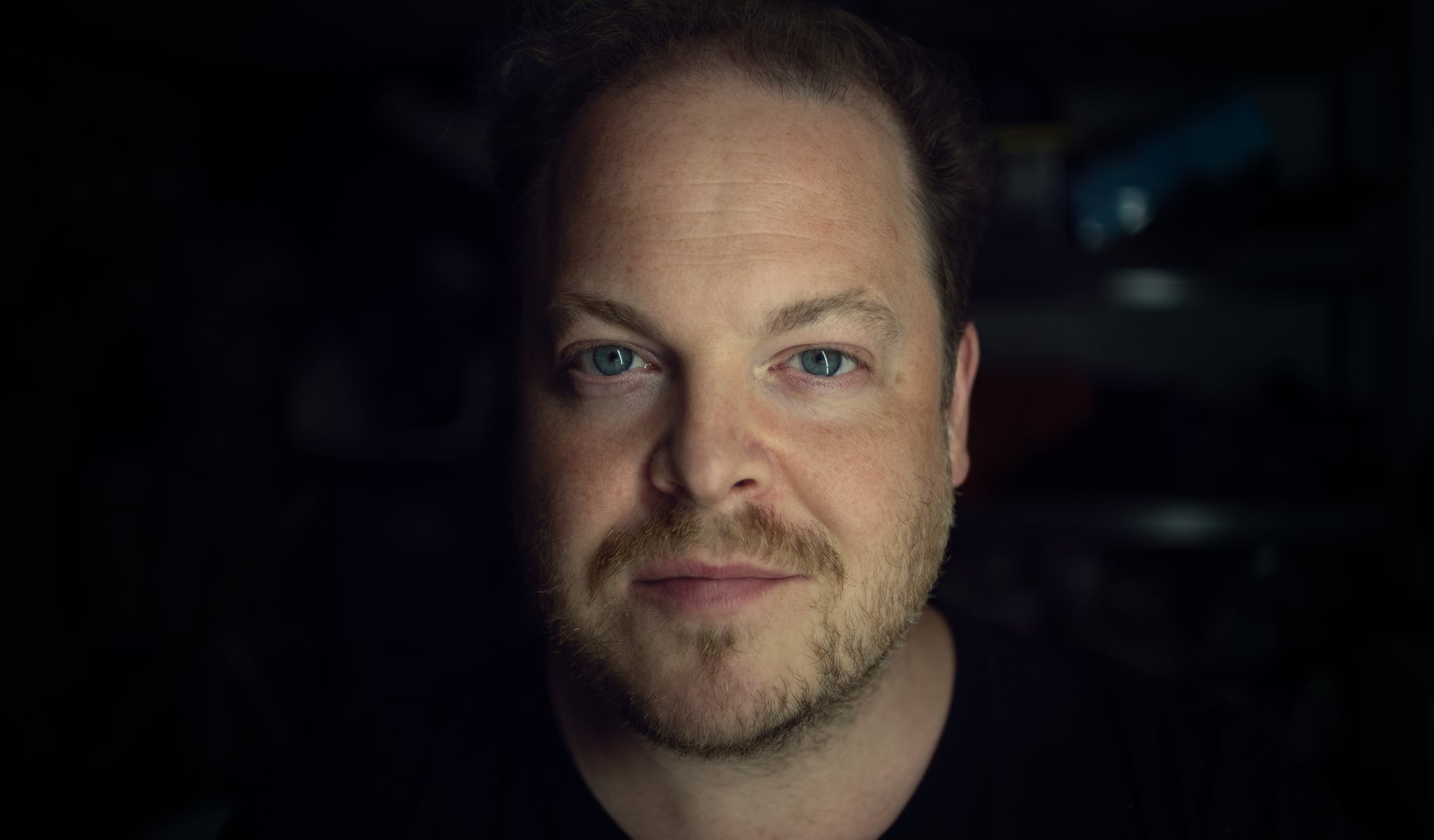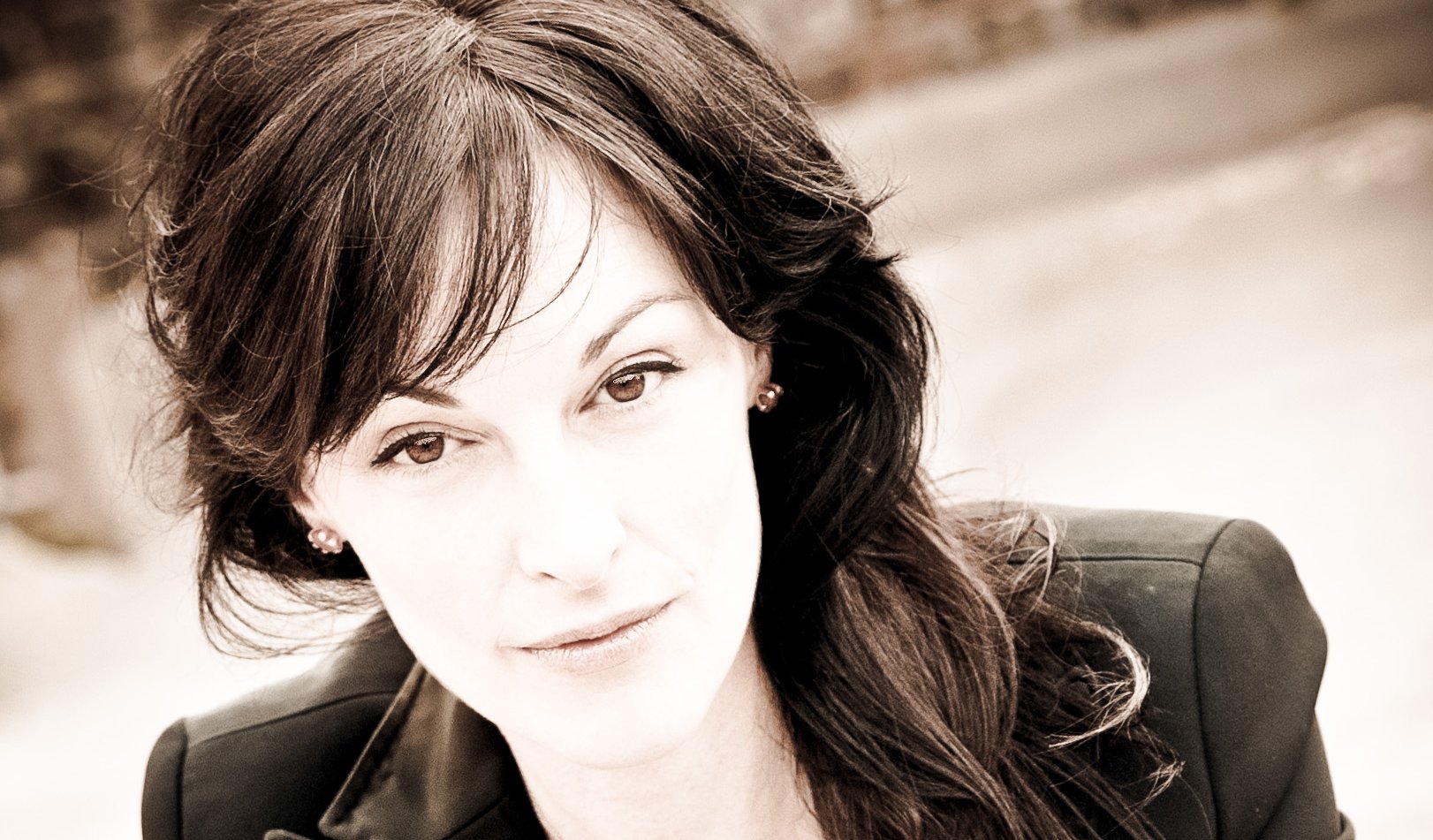




Program
Benjamin Britten (→ bio):
The Turn of the Screw
Featuring
Conductor
Cast
- Miah Persson (Governess)
- Laura Aikin (Mrs. Grose)
- Andrew Staples (Prologue, Peter Quint)
- Allison Cook (Miss Jessel)
- Ben Fletcher (Miles)
- Lucy Barlow (Flora)
With
Costume designer
Set design
Assistant Director
Lighting designer
Special effects
Stage Manager
Technical Director
Director
Other information
The event is about 3.0 hours long.
About the event
Hovering between reality and fantasizing. Constant uncertainty, both on stage and in the auditorium. A psychological drama disguised as a horror story. Opera productions have been the most prominent performances of the Festival Orchestra for years. This time, Iván Fischer has chosen a truly special piece: he directs and conducts Britten’s chamber opera, The Turn of the Screw. The story of two orphans and their Governess is made creepy by the ghosts of a former Governess and a former Manservant. Even creepier is the possibility that these ghosts may only exist in the imagination of the current Governess. The opera with a tragic ending which, due to the unreliability of its narrator, never offers a clue to those in search of the truth, is a real showpiece musically and for its director as well. With the world-famous soloists returning to the BFO, an experience that will remain with its audience is guaranteed.
Britten was eighteen years old when he first came across Henry James’s 1898 novella in the form of a radio drama. The eerie story grabbed the young composer right away, but it was only later that he composed an opera from it. It was Britten’s friend, former artist Myfanwy Piper, who realized that the text was suitable material for a libretto. Their joint work went smoothly, despite the two co-authors living far away from each other, and having to rely upon letters and long conversations over the phone. The opera in two acts, commissioned by the Venice Biennale, was finished by 1954 and was premiered at the Teatro La Fenice on September 14.
Undoubtedly, The Turn of the Screw is a musical bravura. Consisting of a Prologue outlining the basic situation and sixteen scenes, each episode of the opera begins with an instrumental introduction, which, put together, turn out to be a musical theme and its fifteen variations. Generating a hovering of sound, the introductory parts are written in different keys, yet their orchestration and motifs anticipate the story and the protagonist in the following scene. The foundation of the entire work, the twelve-tone “Screw” theme is a clear-cut reference to Schoenberg’s dodecaphony, further increasing the uncertainty of the keys. The interludes bridge fiction and reality, blurring the highly-strung Governess’ sense of reality, as well as that of the audience. Unexpected entries and instrumental groups cast a shadow over the charming, childlike moments; the spooky glitter of the harp or the duo of the celeste and the viola give an ethereal sound to the story. Britten’s and Piper’s characters are enchanting and spine-chilling at the same time – apart from its form, this is another outstanding quality of the opera.
The Governess is sung by Miah Persson; the Swedish soprano is well-known to BFO audiences. Two singers with a breathtaking range of voice perform the roles of the Housekeeper and the ghost-Governess – Laura Aikin, who has sung under the baton of the greatest conductors, and Allison Cook, whose Miss Jessel was dubbed by the critic of Opera Magazine as “spellbinding”. They will be joined by the British tenor Andrew Staples, a former student of Dietrich Fischer-Dieskau’s.
A joint event of the Müpa Budapest, the Iván Fischer Opera Company and the Budapest Festival Orchestra.
Did you know? Britten's opera was first performed by the English Opera Group at La Fenice Opera House in Venice on 14 September 1954; the Festival Orchestra is performing it for the first time.
Contemporary events The world's first nuclear power plant connected to the electricity grid was put into operation in Obninsk in the Soviet Union / US Secretary of State John Dulles announced the doctrine of massive retaliation (any Soviet aggression would be met with a nuclear strike) / On 21 August, Karlheinz Stockhausen's Piano Pieces I-IV were premiered in Darmstadt / Nobel Prize-winning English writer William Golding's novel Lord of the Flies was published / Hungarian-born French artist Victor Vasarely completed his ceramic wall Hommage à Malévitch (at the University of Caracas City) / Witold Lutosławski's Concerto for Orchestra was premiered in Warsaw on 26 November / French writer Simone de Beauvoir's Goncourt Prize-winning novel Mandarins was published